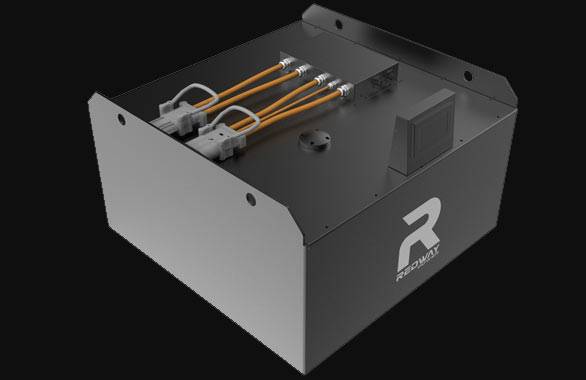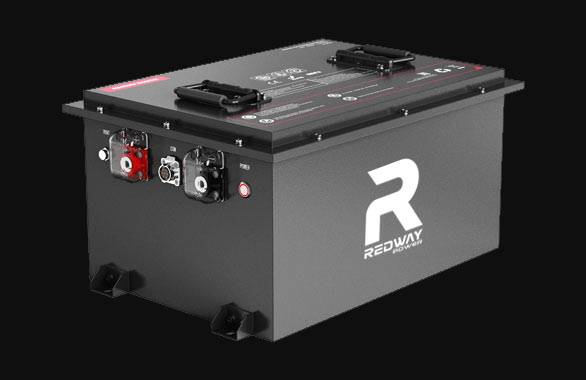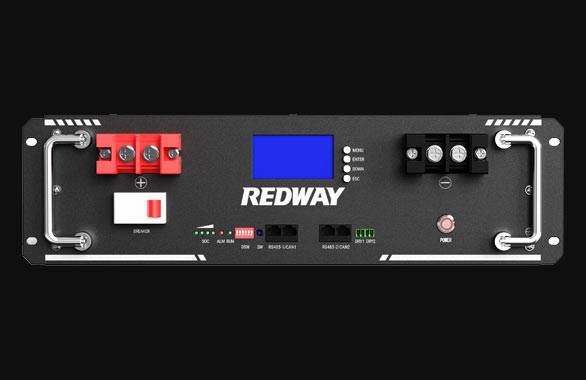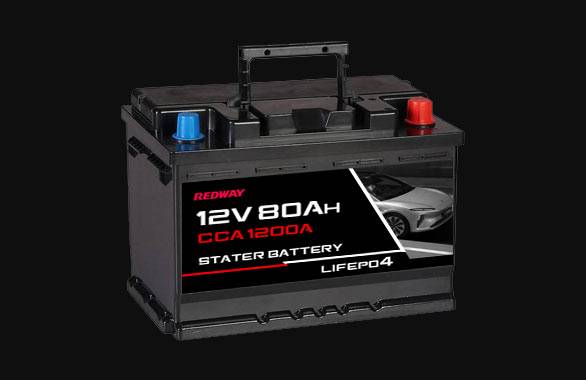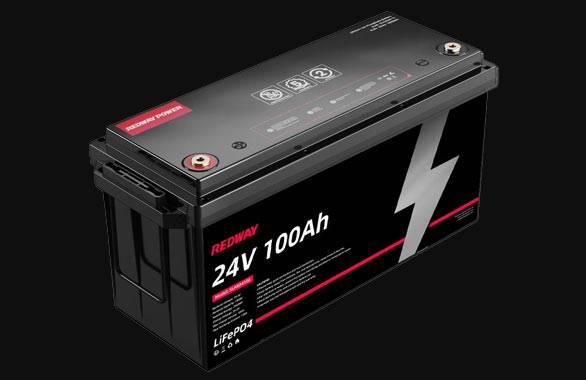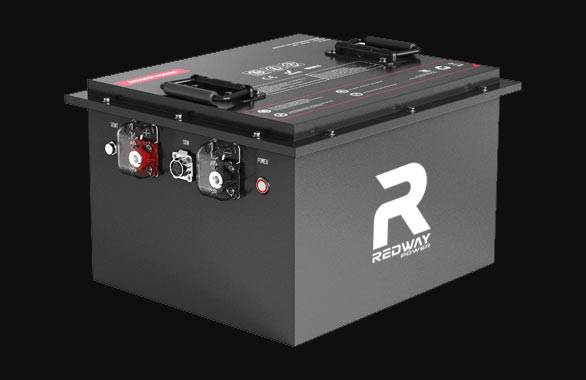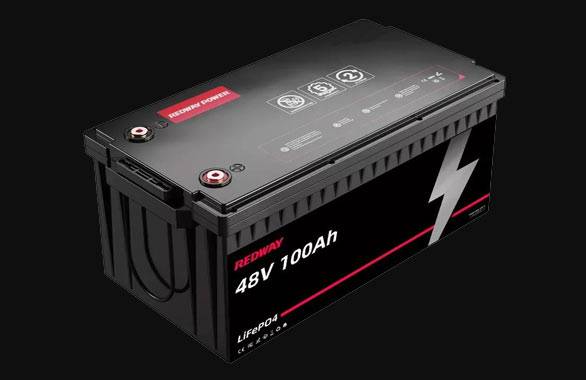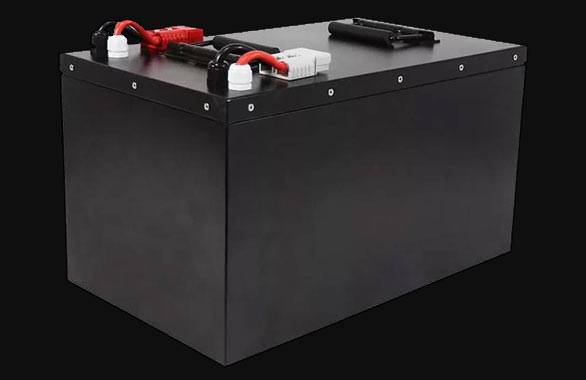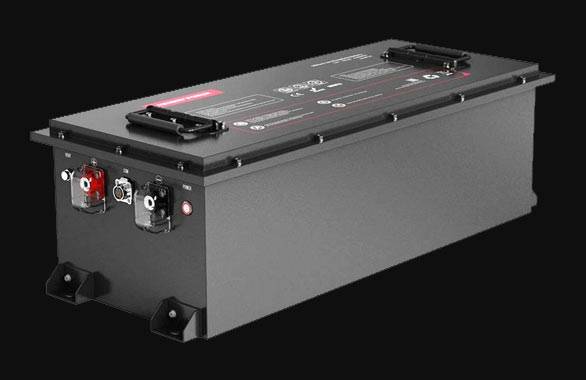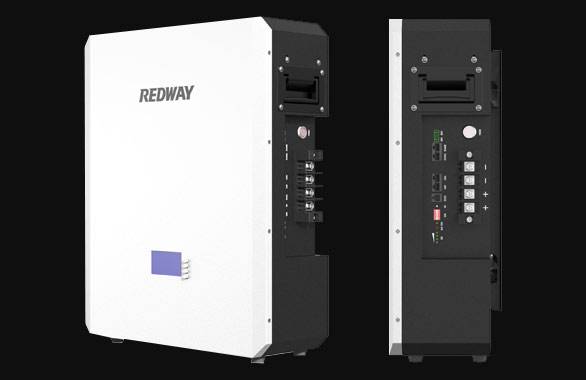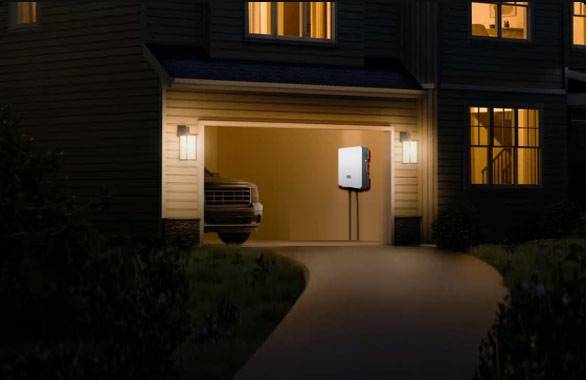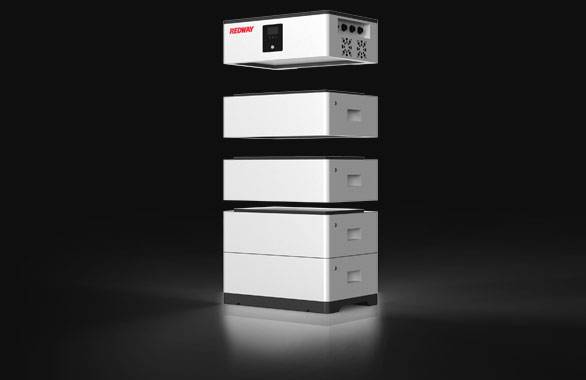- Forklift Lithium Battery
- Golf Cart Lithium Battery
- Rack-mounted Lithium Battery
51.2V 100Ah Rackmount LiFePO4 Battery
8000 times (80% DOD 0.5C)
Optional SNMP for TELECOM - Car Starter Battery
- 12V LiFePO4 Battery
12V 150Ah Lithium RV Battery
Bluetooth App | Self-heating
LiFePO4 | Group 31
UL 1642 | IEC 62619 - 24V LiFePO4 Battery
- 36V LiFePO4 Battery
- 48V LiFePO4 Battery
- 60V LiFePO4 Battery
60V 100Ah Lithium Battery (AGV, AMR, LGV)
Peak Discharge Current 400A
500 x 298 x 349 mm - 72V~96V LiFePO4 Battery
72V 100Ah Lithium Golf Cart Battery
Peak Discharge Current 315A (10S)
740 × 320 × 246 mm - Wall-mounted Lithium Battery
51.2V 100Ah 5kWh
Wall-mounted Battery532 x 425 x 170 mm / LiFePO4
>8000 Cycles (80% DOD 0.5C)
RS485 / CAN-bus
for Solar Home ESS - Home-ESS All-in-One
51.2V 32kWh
All-in-On HESS SystemPowerAll
51.2V / LiFePO4
>8000 Cycles (80% DOD 0.5C)
RS485 / CAN-bus / WiFi
All-in-One for Home ESS
How to Charge Golf Cart Batteries: Maximize Performance and Longevity

Properly charging golf cart batteries is essential for maximizing their performance and extending their lifespan. Using the right charger, following recommended charging protocols, maintaining electrolyte levels, and avoiding overcharging are key practices to ensure batteries deliver consistent power and reliability for years, especially when sourced from trusted manufacturers like Redway Power.
How Should Golf Cart Batteries Be Charged?
Golf cart batteries must be charged using chargers designed for their specific voltage and chemistry, such as 24V, 36V, or 48V chargers compatible with lead-acid or lithium batteries. Charging should start promptly after use and continue until full, using a smart charger with automatic cutoff to protect against overcharging and ensure thorough charging.
What Are the Best Practices to Prolong Battery Life While Charging?
Avoid deep discharges below 50% capacity and ensure batteries are fully charged after every use. Use temperature-compensated chargers to adjust charging rates effectively. Regularly equalize lead-acid batteries to balance cell voltage and prevent sulfation. Keep batteries clean and terminals tight to reduce resistance and heat build-up.
Which Charger Types Are Optimal for Different Battery Chemistries?
For lead-acid golf cart batteries, multi-stage smart chargers with bulk, absorption, and float stages optimize charging. Lithium batteries require chargers with built-in Battery Management Systems (BMS) to control voltage and current precisely. Redway Power’s lithium chargers often feature communication with the battery BMS for safe and efficient charging.
Why Does Proper Charging Improve Golf Cart Battery Performance?
Correct charging ensures all battery cells reach full charge, maximizing available energy and promoting even wear. It prevents undercharging, which causes sulfation in lead-acid batteries, and safeguards against overcharging, which can damage cells and reduce life. This results in consistent power output and longer battery lifespan.
Who Should Monitor and Maintain Golf Cart Batteries During Charging?
Owners or maintenance staff should monitor charging processes, especially during initial cycles or unusual temperature conditions. Regular inspection of battery water levels (for flooded types), terminal cleanliness, and charger operation is vital to prevent issues. Training in safe charging handling is recommended.
When Is It Ideal to Charge Golf Cart Batteries?
Batteries should be charged immediately after each use to avoid prolonged discharge periods. Avoid charging in extreme temperatures; optimal charging occurs between 50°F and 80°F (10°C to 27°C). Overnight or continuous float charging with a smart charger is suitable to maintain batteries at peak readiness.
Where Are Golf Cart Batteries Best Charged for Safety?
Charging should take place in well-ventilated, dry areas away from flammable materials. Lead-acid batteries emit hydrogen gas during charging, necessitating fresh air circulation. Surfaces should be non-conductive and chargers plugged into properly grounded outlets to reduce electrical hazards.
Does Redway Power Offer Specialized Chargers for Their Lithium Batteries?
Yes, Redway Power provides dedicated lithium battery chargers tailored to their LiFePO4 battery specifications, incorporating advanced BMS communication for optimal charge cycles, rapid charging capabilities, and safety features. These chargers help maximize battery performance and lifespan while simplifying user operation.
Are There Differences in Charging Lead-Acid vs Lithium Golf Cart Batteries?
Lead-acid batteries require slow, multi-stage charging with periodic equalization to maintain cell balance; they are sensitive to overcharging. Lithium batteries allow faster charging, do not need equalization or watering, and include integrated BMS for voltage and temperature regulation, making charging simpler and less maintenance-intensive.
Can Improper Charging Damage Golf Cart Batteries?
Yes, excessive fast charging, undercharging, or charging at improper temperatures can cause capacity loss, overheating, plate corrosion, and swelling. Over time, this leads to diminished runtime, increased replacement costs, and potential safety hazards like leaks or fires.
Redway Power Views
“At Redway Power, we emphasize intelligent battery charging as a cornerstone of battery longevity and performance. Our state-of-the-art chargers, designed for our premium lithium golf cart batteries, integrate smart BMS communication to ensure safe, efficient, and rapid charging cycles. Proper charging not only safeguards the battery’s health but also maximizes the rider’s experience through consistent power delivery and minimal downtime, reflecting our commitment to quality and innovation.”
Conclusion
Mastering the art of charging golf cart batteries involves using compatible smart chargers, adhering to recommended practices, and regular maintenance checks. Choosing advanced lithium batteries like those from Redway Power paired with specialized chargers further elevates effectiveness, enhancing battery life and golf cart performance. Safe, timely, and correct charging ensures dependable power and longer service intervals.
FAQs
Q1: How often should golf cart batteries be charged?
A1: Ideally, after every use to keep batteries at full capacity and prevent deep discharges.
Q2: Can I use any charger for golf cart batteries?
A2: No, chargers must match voltage and battery chemistry; smart chargers are recommended.
Q3: How do lithium golf cart battery chargers differ from lead-acid?
A3: Lithium chargers include BMS communication and allow faster, safer charging without equalization.
Q4: What are signs of improper charging?
A4: Reduced runtime, battery swelling, excessive heat, and unpleasant odors indicate issues.
Q5: Does Redway Power provide chargers for their batteries?
A5: Yes, they offer dedicated, intelligent chargers optimized for their lithium battery systems.


